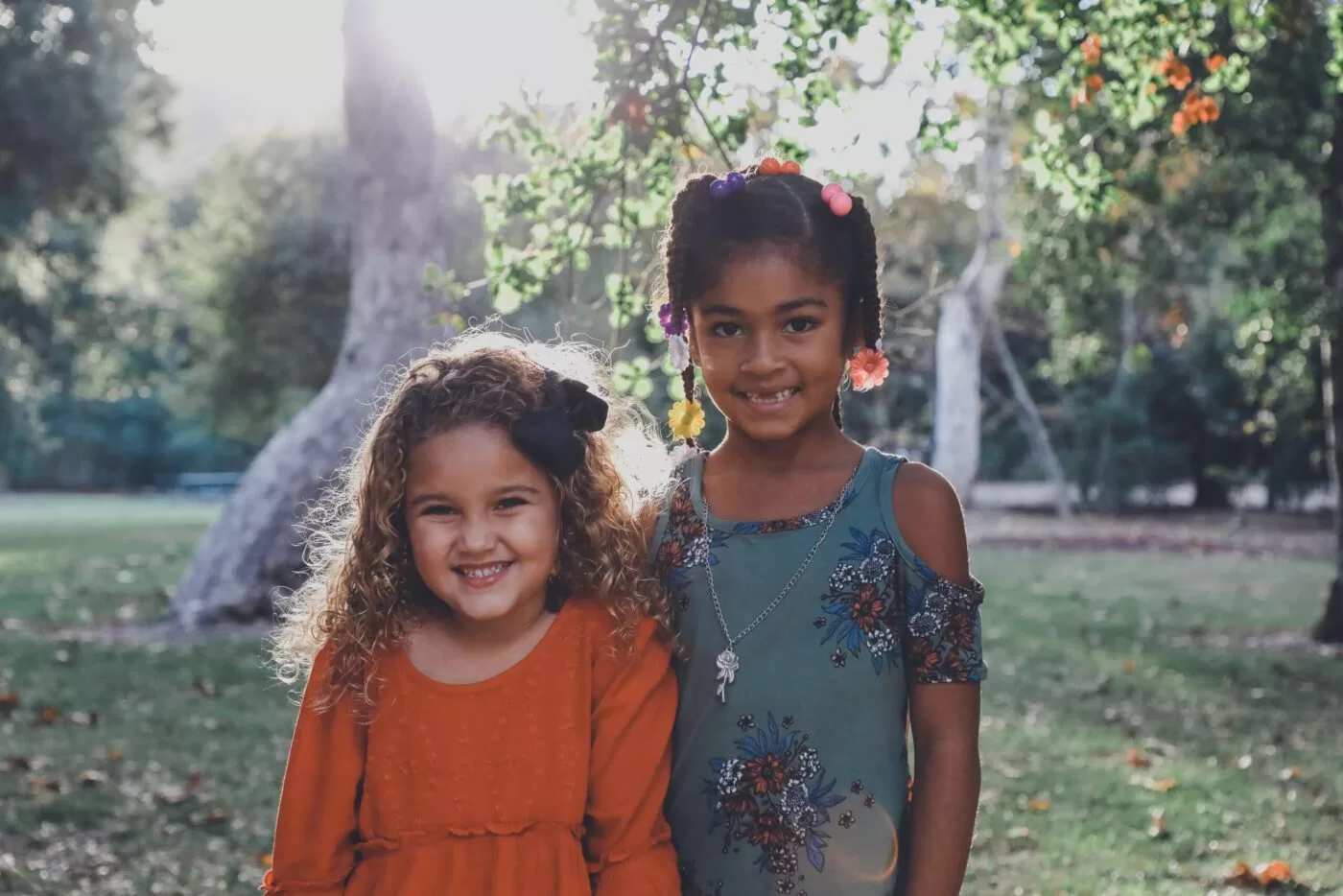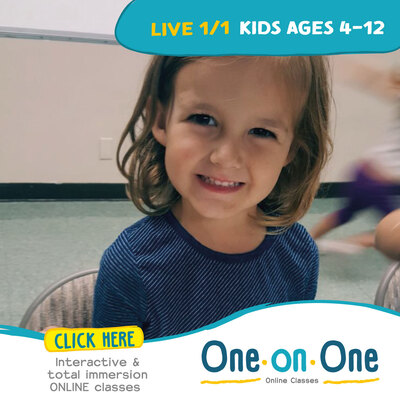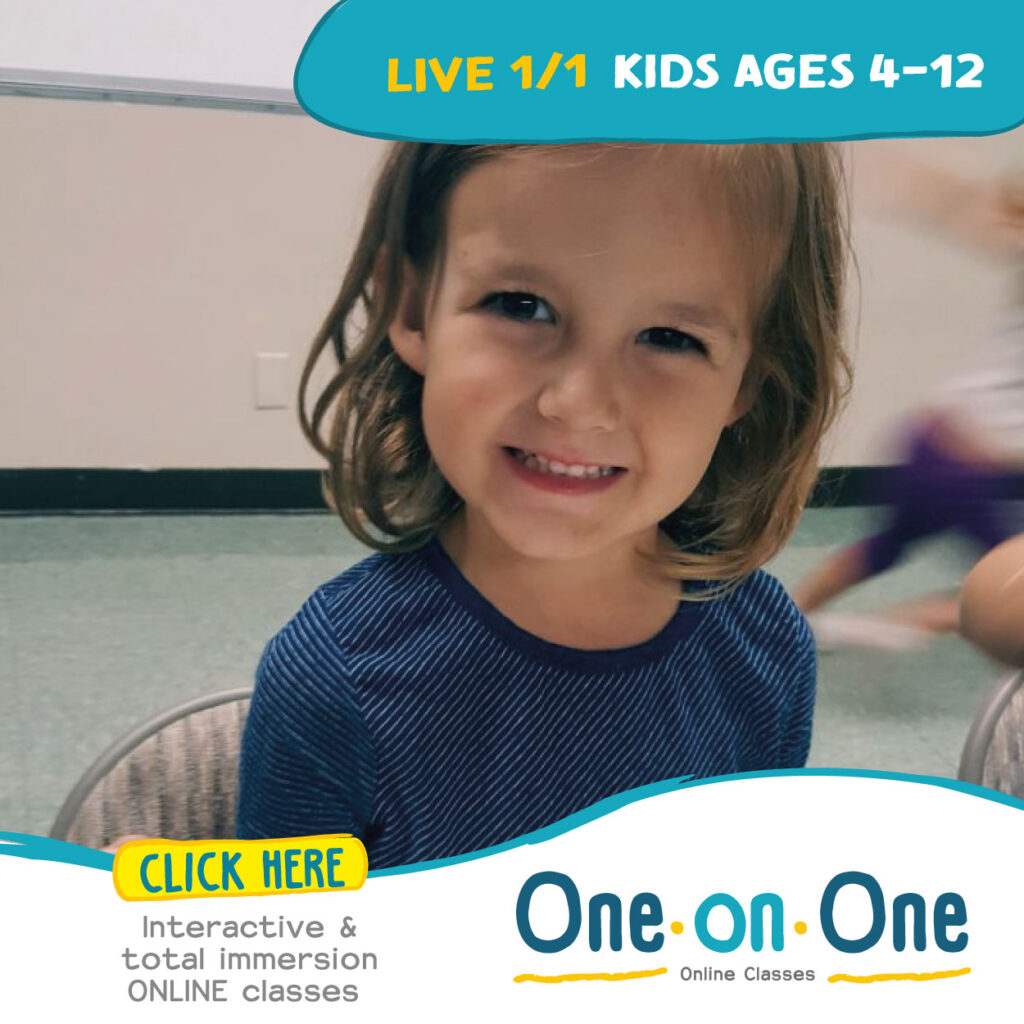There are many reasons why you wouldn’t want to teach your child a second language. Too much time, too much effort, too much money, too much homework, too many tears and headaches. But we’d like to show you that the skills that your child will gain and the benefits of learning a second language far outweigh any disadvantages against beginning or continuing the journey.
1. Richer and More Confident Fullness of Expression
Learning a second language allows a child greater fullness of expression in both languages, because over time they will accumulate more terms, concepts, word pictures, and phrases to choose from to let the world know what’s going on inside their head and heart. It’s like getting to use a box of 50 crayons to color with, instead of just 10.
For example, English only has one way to say “I love you” and you just read it
In Spanish, depending on the situation, you can say “Te quiero,” “Te amo,” or “Me gustas.” The phrase, “Me caes bien” sounds strange as a literal translation in English (“you fall well on me”) but in Spanish it is a perfectly normal complement to tell someone you like them.
This wider freedom of expression can lead to enhanced creative thinking, better problem solving and more flexible writing (internal communication skills) and more confident communication with others (external communication skills). As a bonus, countless studies have proven (and mom’s have seen with their own eyes) that learning another language improves memory and test-taking abilities that leak into all other areas of studying.
The tears of language learning might last a day, but the joy of expression will last a lifetime.
2. Improved Attitude Toward the Target Language and Culture
“Keensen-what?”
“Quinceañera, mija. It is a custom that celebrates a young girl becoming a woman on her fifteenth birthday.”
“Oh, that sounds like fun!”
The first time we hear about a custom that is different from us, our first reaction can be confusion or even criticism. Learning about the culture through the language opens up a child’s eyes to appreciate people and customs that are different from them.
Our motto being, “Learn the Language, Learn the Culture,” this is exactly what Cultural Bytes classes aim to do and what separates us from other language programs. In our classes, your child will fall more and more in love with a foreign culture by learning how to identify Central and South American countries on a map, why families visit cemeteries on November 1st and 2nd, and what “Buñuelos” are (and why you should make them at home, yum!).
Learning about these cultures and places cultivates a love for the culture and people not only immediately around them, like family members, neighbors and classmates, but also gives them a worldwide perspective. Your child will be begging to clamber up the steep slopes of Machu Picchu, Peru, and walk the bright, night streets in México to celebrate Día de los Muertos.
3. Too Many Reasons, We’ve Lost Count
We could turn this blog post into a book with all the personal success stories and scientific data collected from studying the benefits of bilingualism. But we’ll save that for another day and give you this short, but sweet blog post instead. In summary, a few of the many skills that your child will gain from learning another language include:
- Increased creative thinking
- Better problem solving
- More flexible writing
- Upgraded memory and test-taking abilities
- Boosted confidence in communication
- Improved attitude toward other cultures
- Closer connection with family and community
- Desire to travel and experience other cultures
- And the list goes on…..
We hope that the challenges look small in light of benefits that come from your child learning another language.








